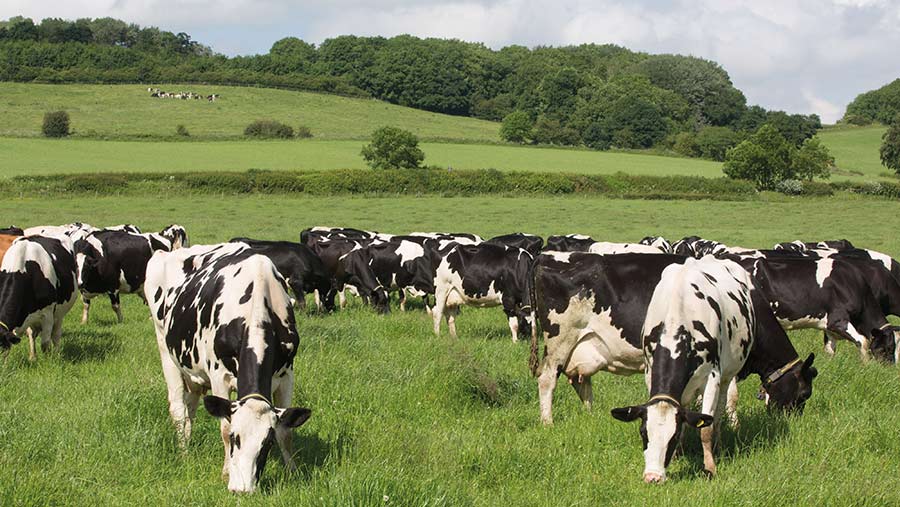Opinion: Land access is essential for new entrants
 © Tim Scrivener
© Tim Scrivener As I end my 10th full-time year in agriculture, I’ve been pondering whether achieving the goals I set out with back in 2013, when we started contract farming, look easier or harder to achieve.
One of the biggest hurdles to growing our business is getting access to more land, something most new entrant farmers struggle with.
See also: Rock Review sets out improved support for tenant farmers
Only last night I read a Tweet from a 2023 Nuffield scholar, who has lost the tenancy of the land where they grow flowers for weddings and events without pesticides.
Her anger was palpable – understandable when the land is your livelihood and home – but the barriers to buying or securing a long-term tenancy seem ever greater.
I also read about a “new entrants incubator pilot” at Harper Adams University.
The Defra blurb tells me that Brexit, pandemic and war have far reaching consequences for agriculture and therefore “a chance has presented itself for new entrants with novel ideas and innovative practices to generate exciting new ways of working in this traditional sector”.
While I am always keen to take up any offer of training, especially when I’ve already paid for it with my taxes, I can’t help thinking this isn’t the answer that new entrants need.
Finance is more expensive, and banks are even more nervous of lending to new entrants. Land prices have been rising, with demand continuing to outweigh supply.
There is greater competition than ever before for land use, with housing, solar panels, bio-digesters and now onshore wind farms all jostling for a piece of the pie.
A government review on land use is due to be published next year, but Defra secretary Therese Coffey has already suggested that land capable of producing cereals and grass could be used for solar panels, a move that again locks up land and restricts the pool available to new entrants who want to produce food.
The uncertainty about removal of subsidies, coupled with 100% inheritance tax (IHT) relief regardless of the length of tenancy, has fuelled a culture of short-term, insecure tenancies which don’t give businesses the stability they need to borrow and invest for the long term.
Last year the Tenant Farmers’ Association made several proposals for reform.
They suggested that IHT relief should be restricted to tenancies of 10 years or more, that share or contract farming-type arrangements that act as facades for trading to gain tax advantage should be restricted, and that stamp duty should be reformed to incentivise longer tenancies.
These are significant structural changes that would make a real difference to the availability of land for those who have the passion and skills to farm it.
Without these changes, programmes such as the new entrants incubator pilot are simply filling a pipeline without an outlet for those people to go on and succeed in the real world.
So does the future look easier or harder from where I’m standing? Share farming and contract farming have become much more common than when I started, and in my opinion these collaborative approaches offer the best potential for new entrants to access land.
The removal of subsidies will undoubtedly lead to big changes and create opportunities for some, but the environment will be fiercely competitive. It was never going to be easy, but I’m still up for the challenge.

